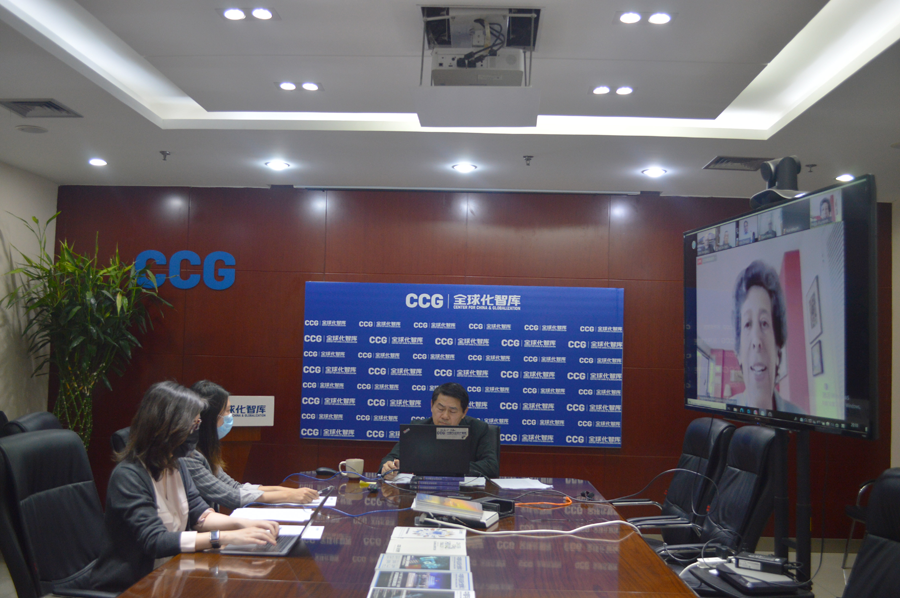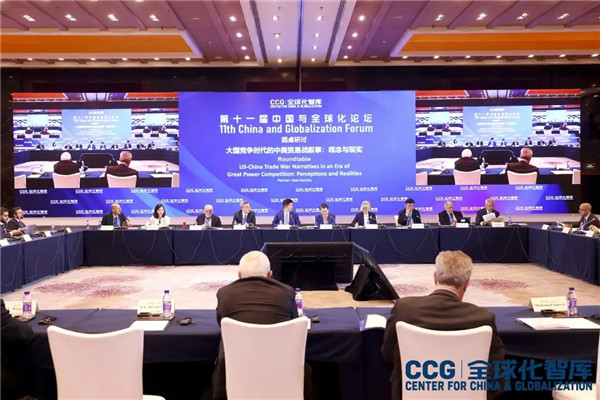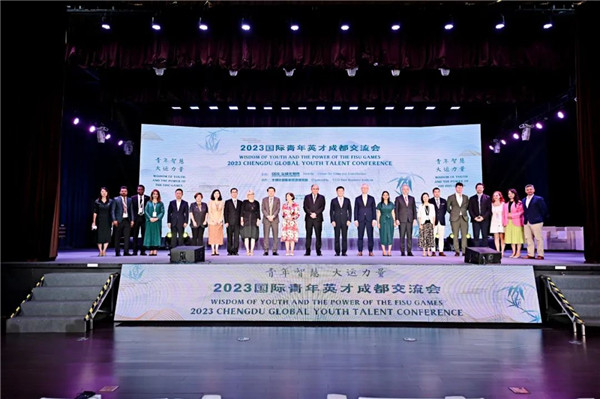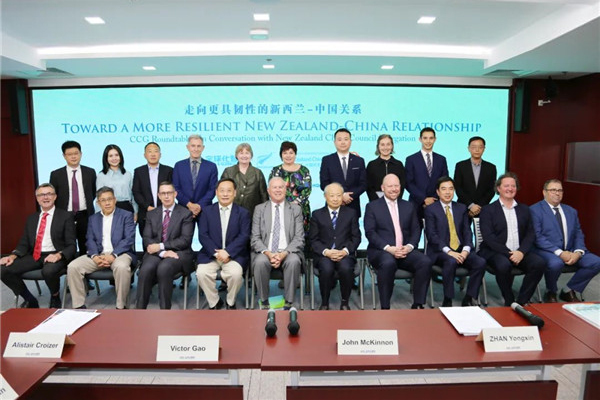How will COVID-19 change the landscape of international education?

YouTube
Wang Huiyao, CCG president, said that international education is vital to bridge the global divides and increase international understanding. He called for enhanced exchanges and cooperation in tackling challenges facing the international community.
Peggy Blumenthal, senior counselor to the President at the Institute of International Education (IIE), emphasized that we should create opportunities for students at every economic level, in every country and in every institution to benefit from available resources to fulfill the mission of international education.
Mark Wrighton, chancellor emeritus at the Washington University in St. Louis, said that the pandemic threatens international collaboration as travel restrictions have limited in-person interactions. The pandemic also illustrates the importance of building infrastructure for international collaboration and cooperation.
Xue Lan, dean of the Schwartzman College at the Tsinghua University and CCG expert advisor, pointed out that we should learn from the process of fighting COVID-19 to enrich the traditional model of international education and enhance education and learning models.
Denis Simon, executive vice chancellor at the Duke Kunshan University and CCG international advisor, said that online and face-to-face interaction are not “either-or” alternatives, or that online channels are simply a weaker substitute for face to face interaction. He said advances in technology add value to the overall student experience.
Jeffrey Lehman, vice-chancellor at the New York University Shanghai and CCG international advisor, said that the pandemic will bring about big changes in human behavior, but that these changes are not going to be quite as sweeping as some people might imagine.
David Fleshler, vice provost for International Affairs at the Case Western Reserve University, said that developing a blended model that takes advantage of both face-to-face and online education is important. Such a combination can enrich the curriculum and offer students more flexibility.
Shen Wei, associate pro-vice-chancellor at the Deakin University and CCG nonresident senior fellow, thought that the travel ban, support for international students and visa schemes have an impact on signaling openness, diversity, and care and responsibility for international students.
Stuart Perrin, associate principal of Entrepreneur College at the Xi’an Jiaotong-Liverpool University, said that while the coronavirus knows no borders, international education also should know no borders. He said we should not let COVID-19 be a barrier to the development and continued progress of international education.
John Zhang, director of the Penn-Wharton China Center and CCG expert advisor, said that educational content should change in response to the overreach of globalization in recent years. He said that society and businesses are intensely focusing on efficiency and profitability.





